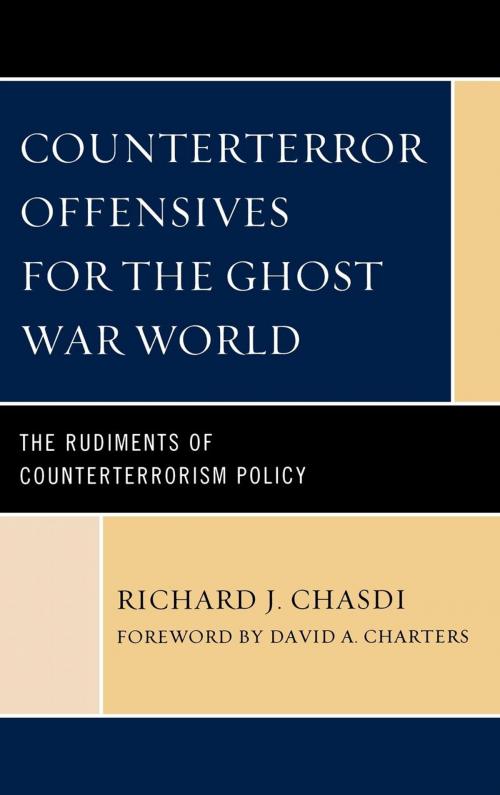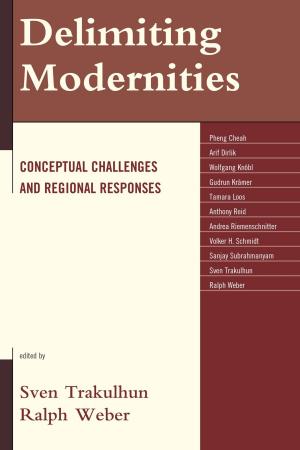Counterterror Offensives for the Ghost War World
The Rudiments of Counterterrorism Policy
Nonfiction, Social & Cultural Studies, Political Science, International, International Relations| Author: | Richard J. Chasdi | ISBN: | 9781461633266 |
| Publisher: | Lexington Books | Publication: | July 6, 2010 |
| Imprint: | Lexington Books | Language: | English |
| Author: | Richard J. Chasdi |
| ISBN: | 9781461633266 |
| Publisher: | Lexington Books |
| Publication: | July 6, 2010 |
| Imprint: | Lexington Books |
| Language: | English |
In Counterterror Offensives for the Ghost War World: The Rudiments of Counterterrorism Policy, Richard J. Chasdi has written a groundbreaking quantitative analysis that provides new insight into which types of counterterror practices work best and which types perform poorly in particular operational environments and circumstances. For Chasdi, "effectiveness" is defined as the capacity of counterterror practices to work with "stealth"-namely, without eliciting high amounts of related follow-up terrorist assaults. He moves beyond individual country analyses to tackle an analysis of counterterror practice effectiveness based on the type of political system of the country carrying out counterterror offensives and the power level of that country within the international political system. Chasdi furthermore provides essential qualitative descriptions of national security institutions, stakeholders, and processes to frame his quantitative results in ways that tie those findings to historical and contemporary political developments.
In Counterterror Offensives for the Ghost War World: The Rudiments of Counterterrorism Policy, Richard J. Chasdi has written a groundbreaking quantitative analysis that provides new insight into which types of counterterror practices work best and which types perform poorly in particular operational environments and circumstances. For Chasdi, "effectiveness" is defined as the capacity of counterterror practices to work with "stealth"-namely, without eliciting high amounts of related follow-up terrorist assaults. He moves beyond individual country analyses to tackle an analysis of counterterror practice effectiveness based on the type of political system of the country carrying out counterterror offensives and the power level of that country within the international political system. Chasdi furthermore provides essential qualitative descriptions of national security institutions, stakeholders, and processes to frame his quantitative results in ways that tie those findings to historical and contemporary political developments.















